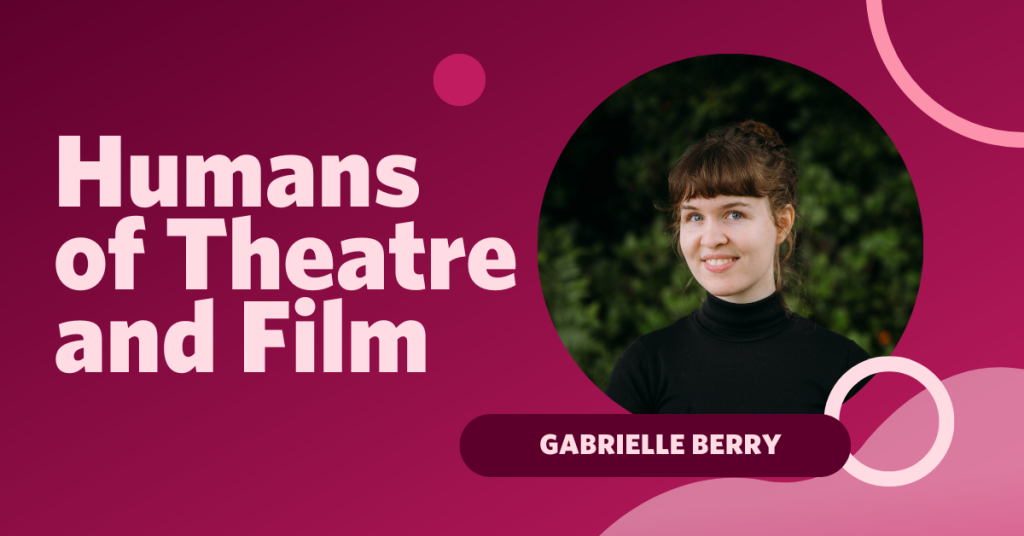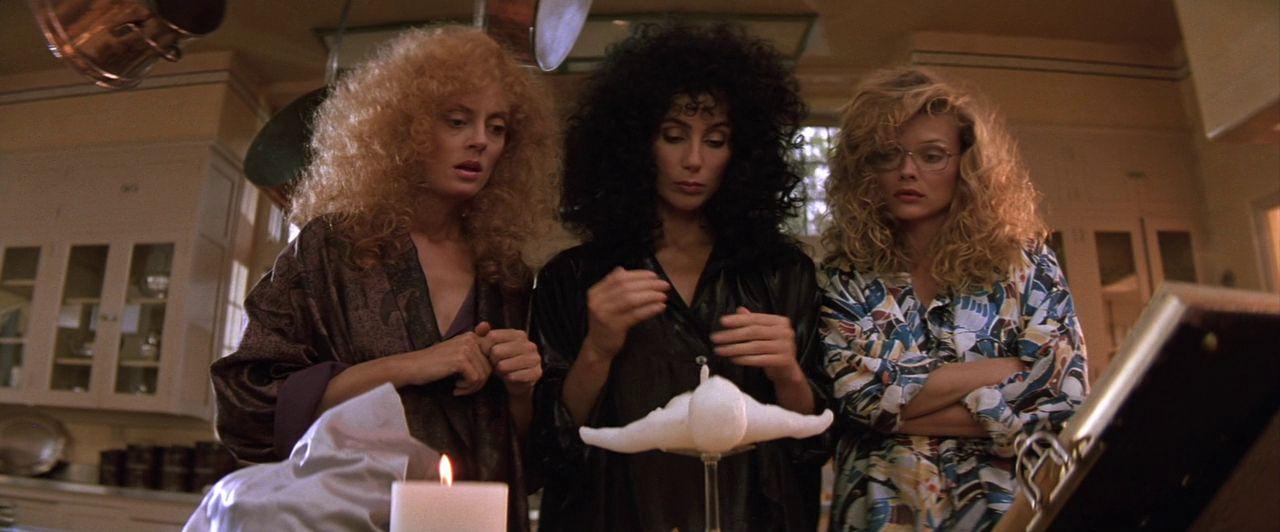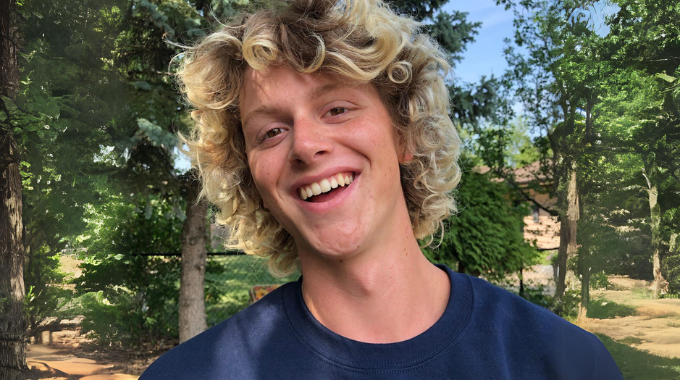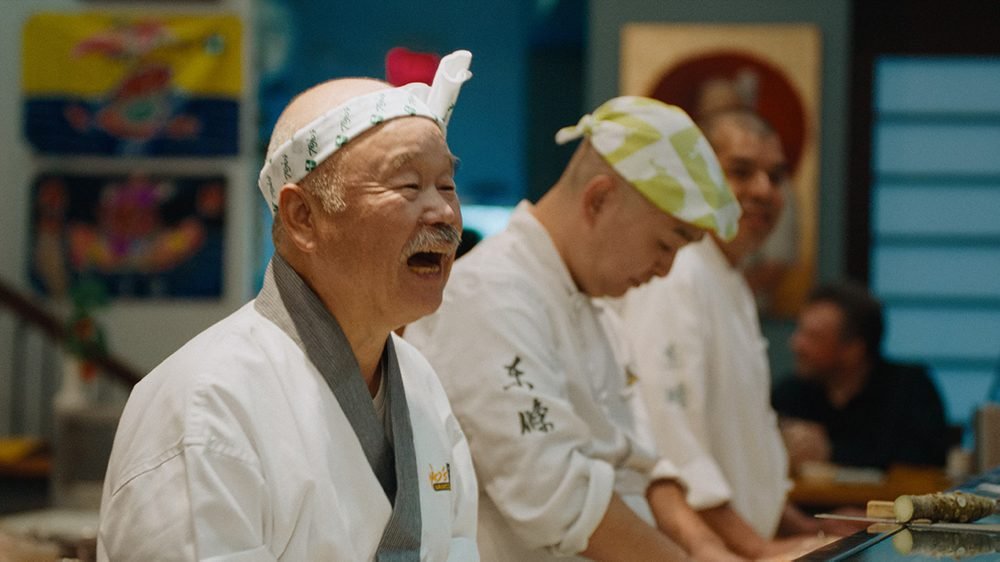

When many of us think of theatre and film, we envision showtime!, action!, and “to be or not to be!” While these fields are undeniably action-packed and creative, they encompass so much more. They’re about crafting and studying whole worlds. Theorizing and analyzing all those intricate moving parts that build experiences. Delighting audiences and inspiring them to reflect upon their own assumptions of what it means to be human.
The Department of Theatre and Film at UBC is home to a diverse group of passionate and talented professors, staff, and students, who specialize in a wide range of theories, practices, genres, and methods. Next up in this series is Gabrielle Berry, a PhD candidate in Cinema and Media Studies. Gabrielle shares about discovering her passion for film, her research on the intersections of sound and disability studies, and her love of Dungeons and Dragons.
What inspired you to study cinema and media studies?
I came to cinema and media studies by way of amateur filmmaking. When I was thirteen, my family bought a little Sony camcorder, and the rest is history. I immediately proceeded to film everything and everyone. My poor sisters put up with several years of cameras shoved in their faces.
Later, in my first year of undergrad, I took a film studies class where we watched The Cabinet of Dr. Caligari. That film, and the others we watched for that course, were a revelation for me. A realization of all that cinema could be. I vividly remember walking home that night after that screening of Caligari feeling like the entire world had changed. I was itching to film every dark shadow and slant of light around me. Since then, my experiences both making and studying films have helped shape and develop my passion for the field.
Tell us about your thesis/research focus?
My research focuses on the intersections of sound and disability studies. My dissertation project examines the significant sonic role of captions for a variety of audiences in various media spaces today, revisiting and expanding upon classic theorizations of cinematic sound. With case studies ranging from Netflix’s Stranger Things to YouTube’s auto-captions to captioned versions of classical Hollywood films like Hitchcock’s Psycho, I consider both the sonic meaning of captions and the inevitable limitations of the caption format.
Any tips for prospective Cinema & Media Studies graduate students?
Be open to new ideas, dig further into the questions that excite you, and see where that interest leads. I began my MA with a proposed research project that very quickly changed when a course reading sparked my interest in sound and disability studies. Since then, it’s been such an exciting research journey digging further into these fields.
What are your career aspirations after graduation?
Teaching has been one of highlights of my time at UBC and I feel lucky to have had so many opportunities to work with students as both a teaching assistant and instructor. I’m always inspired by students and their insightful questions and ideas, and it is my aspiration to continue teaching in the future.
How do you like to have fun?
For the past two years I’ve been running a home-brew Dungeons and Dragons game with friends over zoom. While scheduling can be difficult, it’s been a great way to socialize and a wonderful creative outlet. My DnD game also came in handy while writing my chapter on Stranger Things, where captions such as [dissonant gibbering] and [eldritch thrumming] directly reference spells and monsters from the game.
What is your favourite place on campus?
UBC has such a massive campus with so many green spaces. I love walking around, especially down Main Mall towards the mountains. I’d also be remiss if I didn’t mention the old study carrels in the upper floors of Koerner library—while now gone, they are very much not forgotten.
Is there a favourite movie/tv show/book you’ve enjoyed lately?
Last year I stumbled into Star Trek and very quickly became hooked. I’m on the final season of Deep Space Nine, and I’ve been thoroughly enjoying the way the series leans into both the complexities and the possibilities of science fiction. I’ll be sad to finish DS9, but I’m excited to dive into the rest of Trek (truly something to be said for getting into such a long-running and much beloved franchise).


